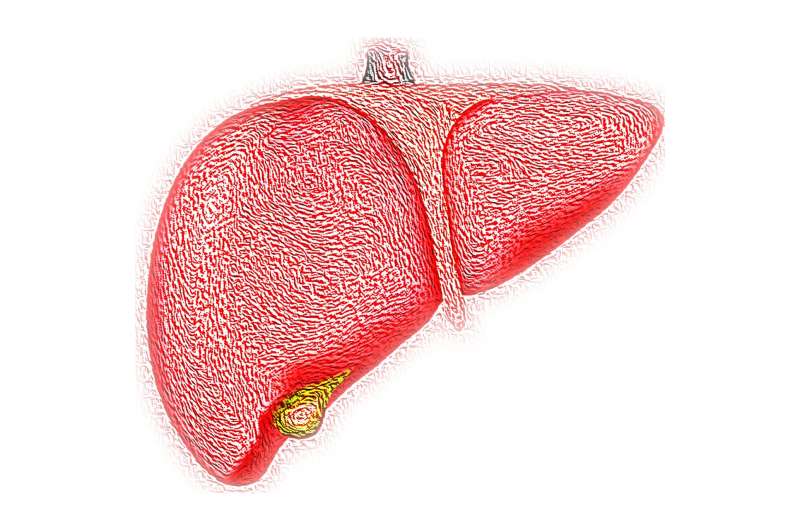New Enzyme-Targeting Medication Shows Promise in Reversing Fatty Liver Damage

A new investigational drug targeting the liver enzyme DGAT2 shows promise in reversing damage caused by metabolic fatty liver disease, offering hope for early treatment and disease reversal.
Researchers at the University of California San Diego School of Medicine have announced the development of an investigational drug that offers hope for treating metabolic dysfunction-associated steatohepatitis (MASH), a severe form of fatty liver disease closely linked to obesity and type 2 diabetes. This condition can progress silently over years, ultimately leading to serious liver complications such as cirrhosis, liver failure, or even liver cancer. The new drug, named ION224, specifically targets a liver enzyme called DGAT2, which is integral to how the liver produces and stores fat.
The recent study, published in the August 23, 2025, online edition of The Lancet, reveals that by inhibiting DGAT2, ION224 reduces fat accumulation and inflammation in the liver—two primary factors driving liver damage in MASH. Dr. Rohit Loomba, the principal investigator of the study and chief of the Division of Gastroenterology and Hepatology at UC San Diego, highlighted that this approach directly addresses the disease’s core processes.
Involving 160 adult participants across multiple centers in the U.S., the Phase IIb clinical trial tested various doses of ION224 over a year, with monthly injections. Results showed that at the highest dose, 60% of patients experienced significant improvement in liver health compared to a placebo, independent of weight loss. Importantly, the medication was well tolerated, with no serious adverse side effects reported.
MASH, formerly known as nonalcoholic steatohepatitis (NASH), affects over 100 million Americans and about a quarter of adults worldwide, primarily those with metabolic disorders like obesity and diabetes. Because it can advance without symptoms, early intervention is crucial. If untreated, MASH can escalate to liver failure requiring transplantation.
Dr. Loomba emphasized the significance of these findings: "This is the first medication of its kind demonstrating a tangible biological impact in MASH. Should further trials confirm these results, it could become a targeted therapy that halts or even reverses liver damage, transforming treatment options."
The study’s success introduces a new frontier in managing fatty liver disease through precision medicine—targeting specific enzymes involved in fat metabolism. Future steps include larger trials to verify efficacy and safety, with the goal of making this therapy widely available. Patients and health systems alike could benefit from early, effective interventions to prevent costly and complex liver problems.
Co-authors of the research include scientists from Ionis Pharmaceuticals and Arizona Liver Health, and the work signifies a notable advance in the ongoing battle against fatty liver disease, an underdiagnosed and escalating health crisis.
Stay Updated with Mia's Feed
Get the latest health & wellness insights delivered straight to your inbox.
Related Articles
Plant-Based Nutrient Enhances Immune Cells for Better Cancer Fight
A study finds that zeaxanthin, a plant-derived nutrient known for eye health, can enhance immune cells' ability to fight cancer, potentially improving immunotherapy outcomes.
Innovative Light-Based Skin Scanning Technique Detects Health Indicators and Dietary Patterns
A groundbreaking light-based sensing device can noninvasively analyze skin to reveal diet, age, and nutrient deficiencies with high accuracy, paving the way for personalized health monitoring.
Shingles Vaccine May Reduce Heart Disease Risk by 23%, New Research Shows
Recent research reveals that shingles vaccination can lower the risk of cardiovascular events by 23%, with benefits lasting up to eight years. Discover how vaccination impacts heart health beyond shingles prevention.
Planned Cesarean Deliveries Linked to Higher Risk of Childhood Leukemia
A study reveals that planned cesarean sections may increase the risk of childhood leukemia, highlighting the importance of evaluating delivery methods carefully. Learn more about the potential long-term health implications of delivery choices.



